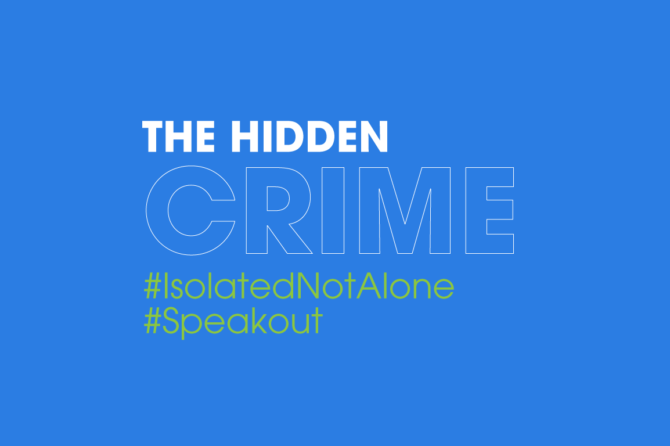Domestic Violence – The Hidden Crime

[A hidden Covid-19 Crisis: Domestic Abuse Rises Worldwide
Social Distancing restrictions aimed to stop the spread of the coronavirus may be making violence in homes more frequent and in some cases, more severe. Children are also especially vulnerable to domestic abuse during this pandemic. Research shows that increased stress levels among parents is often a major predictor of physical abuse and neglect of children and adolescents.[/vc_column_text][vc_empty_space][vc_column_text]
-
Nearly 1 in 10 women in the United States have been raped by an intimate partner in her lifetime.
-
1 out of every 3 women have experienced an abusive relationship.
-
81% of women who experienced rape, stalking, or physical violence by an intimate partner reported significant short- or long-term impacts such as post-traumatic stress disorder symptoms and injury.
Below are 10 common indicators:
- Stalking: questioning your every move and telling you that they love you and are being protective
- Texting or calling you constantly; telling you they are concerned about you and want to make sure your safe
- Control of your finances; force you to account in detail what you spend
- Criticize you for every little thing you do
- Humiliate you in front of your family and friends
- Angers easily, particularly if he or she is drinking
- Force you to have sex against your will
- Hits or punches you
- Jealous of friendships or any other outside relationships
- Isolation from family and friends
If you can say yes to even one of these you are in an abusive relationship!
- Don’t ignore the problem, be prepared and make a safety plan
- Often in a calm stage, victims chose to remain in a relationship hopeful that the abuser will change
- It is important to have a safety plan in the event the violence erupts again
- Call a shelter if you do not have elsewhere to go, find out about legal options or other resources available to you before you have to use them
- Prepare an emergency bag, extra cash, checkbook, savings account, identification, medical insurance card and address book
- Keep the emergency bag in a safe place where the abuser cannot find it
- Know exactly where to go and how to get there; even if the battery should occur in the middle of the night
- Leave the situation; take the kids with you
- If you are in immediate danger call 911

